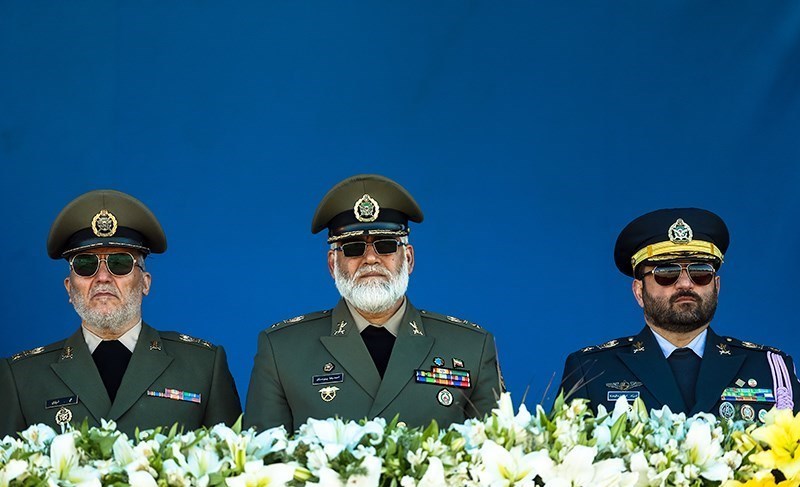Politics
NEW: Iran Signals Willingness To Restart Nuclear Talks After Ceasefire

Iran’s foreign minister said Saturday that the regime is open to restarting nuclear talks with the United States less than a month after President Donald Trump disabled the nation’s nuclear weapons sites, Iranian state media reported.
While speaking to a conference of diplomats in Tehran, Foreign Minister Abbas Araghchi stated that the regime is willing to re-open discussions on nuclear disarmament if the situation remains peaceful for the immediate future. Araghchi added that “assurance should be provided that in case of a resumption of talks, the trend will not lead to war.”
Speaking in reference to the 12-day conflict with Israel that included the daring B2 Bomber raid on the regime’s nuclear weapons facility — which were set back for at least two years according to the most updated U.S. intelligence reports — Araghchi discussed the Iranian government’s position on a resumption of talks. “First of all, there should be a firm guarantee that such actions will not be repeated. The attack on Iran’s nuclear facilities has made it more difficult and complicated to achieve a solution based on negotiations,” he said.
Following the strikes, Iran suspended its cooperation with the UN’s nuclear watchdog, which resulted in the departure of inspectors from the country. The readmission of inspectors will be crucial to any possibility of talks resuming.
Araghchi said that under the nation’s law, Iran will comply with the agency’s request for cooperation on a “case by case,” basis, which will hinge on Iranian interests. He further stated that any inspection by the agency should be done based on Iran’s “security” concerns as well as the safety of the inspectors, Iranian state media reported.
“The risk of proliferation of radioactive ingredients and an explosion of ammunition that remains from the war in the attacked nuclear sites is serious,” he said.
Araghchi also announced that Iran will continue its uranium enrichment program. The theocratic nation has long claimed that it is enriching uranium for domestic energy purposes, though this has been disputed by the international community.
President Trump has insisted that Iran must discontinue its uranium enrichment program if any nuclear deal is to be reached.
Israel claims it had no choice but to launch strikes against Iran because the nation was “weeks away” from developing a nuclear weapon. U.S. intelligence agencies and the International Atomic Energy Agency had assessed Iran last had an organized nuclear weapons program in 2003, though Tehran had been enriching uranium up to 60 percent. In technical terms, this would mean that Iran was in reach of obtaining weapons-grade levels of 90 percent.
Iranian President Masoud Pezeshkian conceded Monday that the regime’s nuclear sites were so badly damaged by the U.S. strikes that inspectors have been unable to access them in order to conduct a full assessment.

